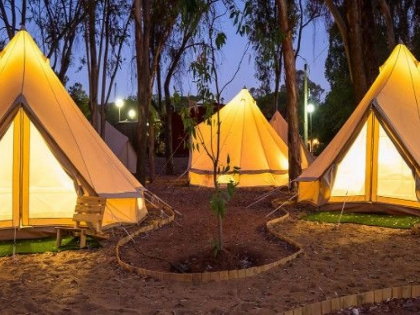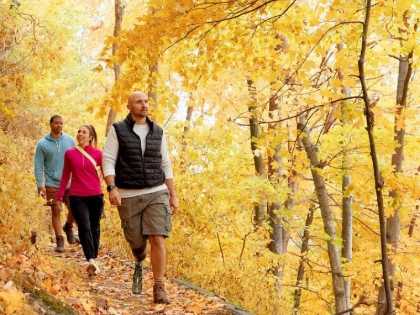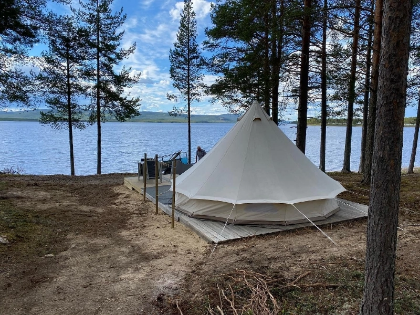Why is Hiking Better Than Walking?
Hiking has been shown to improve heart health, mental clarity, and muscle strength. Through navigating varied terrain, hiking also develops muscle and endurance.
Even so, walking is usually done on level surfaces like sidewalks, alleyways, and concrete highways. A trail's uneven terrain makes for a more difficult workout and can even be hazardous for people who have joint issues.
Improved Views

Whether on beach walks, footpaths through forests, or mountain trails, hiking occurs in a natural setting. Hiking isn't really applicable when strolling along a city street pavement or on a beach because those areas typically have even surfaces.
Because hikes sometimes involve elevation changes, they require greater physical effort than walks. These grades can vary from a moderate slope to a difficult scramble, and the difficulty of your trip will depend on both the distance you're travelling and the type of terrain you're hiking.
Hiking not only tones the upper body but also strengthens the hips and core, which enhances balance. Additionally, because it involves weight bearing, it strengthens and develops bones, lowering the risk of osteoporosis. Hiking is an excellent cardio exercise as well because it increases heart rate and heart rate circulation, both of which reduce the risk of cardiovascular disease. In addition, taking in some fresh air and obtaining some vitamin D from sunshine lifts the spirits and reduces stress.
Improved Workout

You are exercising greatly while you walk along pathways. Hiking works the arms and core in addition to the legs and feet, depending on the terrain. Furthermore, hiking frequently entails ascending and descending, which requires your muscles to be used in new ways.
While downhill concentrates on your quads and hamstrings, climbing works your hips and buttocks. Additionally, navigating rocky or root-filled terrain helps you become more balanced and stable.
Hiking can assist you in meeting the 150 minutes of moderate-intensity exercise per week recommended by the CDC. Additionally, it can strengthen your heart over time by gradually lowering your blood pressure, blood sugar, and cholesterol levels. Hiking in the sun produces vitamin D and serotonin, both of which have mood-enhancing effects. Naturally, breathing in fresh air lowers stress.
Enhanced mental well-being

Not only is hiking excellent physical exercise, but it's also a fantastic mental wellness activity. Hiking can lift your spirits, reduce stress, and make you happier all around. Being in nature has been demonstrated in studies to lower anxiety and depressive symptoms.
Hiking gives you the chance to fully experience the sights, sounds, and beauty of the surrounding environment. Hiking is a fantastic way to unwind, rejuvenate, and refuel while escaping the busy, fast-paced world we live in.
Hiking calls for the utilisation of your core and balance muscles in addition to the larger muscles in your legs and thighs. Even though it can be difficult at times, that's what makes it so satisfying when you finish your walk with a huge smile on your face and exhausted legs. It's an experience unlike any other.
Increased Reduction of Stress

Stress plays a significant role in the development of mental and physical illnesses in our fast-paced society. Hiking offers the chance to disconnect from the lights, noise, and stimulation of daily life and get fully immersed in the outdoors. Spending time in nature has been shown to alleviate stress, in addition to the health advantages of exercise.
Hiking is a great way to build stronger bones and muscles. Hiking, being a weight-bearing sport, puts your muscles and bones under strain against gravity, hence contributing to increased bone density.
Hiking also tones the smaller stabiliser muscles in your feet, ankles, and knees while working your large leg muscles (hamstrings, quadriceps, and glutes). Hiking is the ideal activity, whether you want to get some fresh air or do an intense workout.










